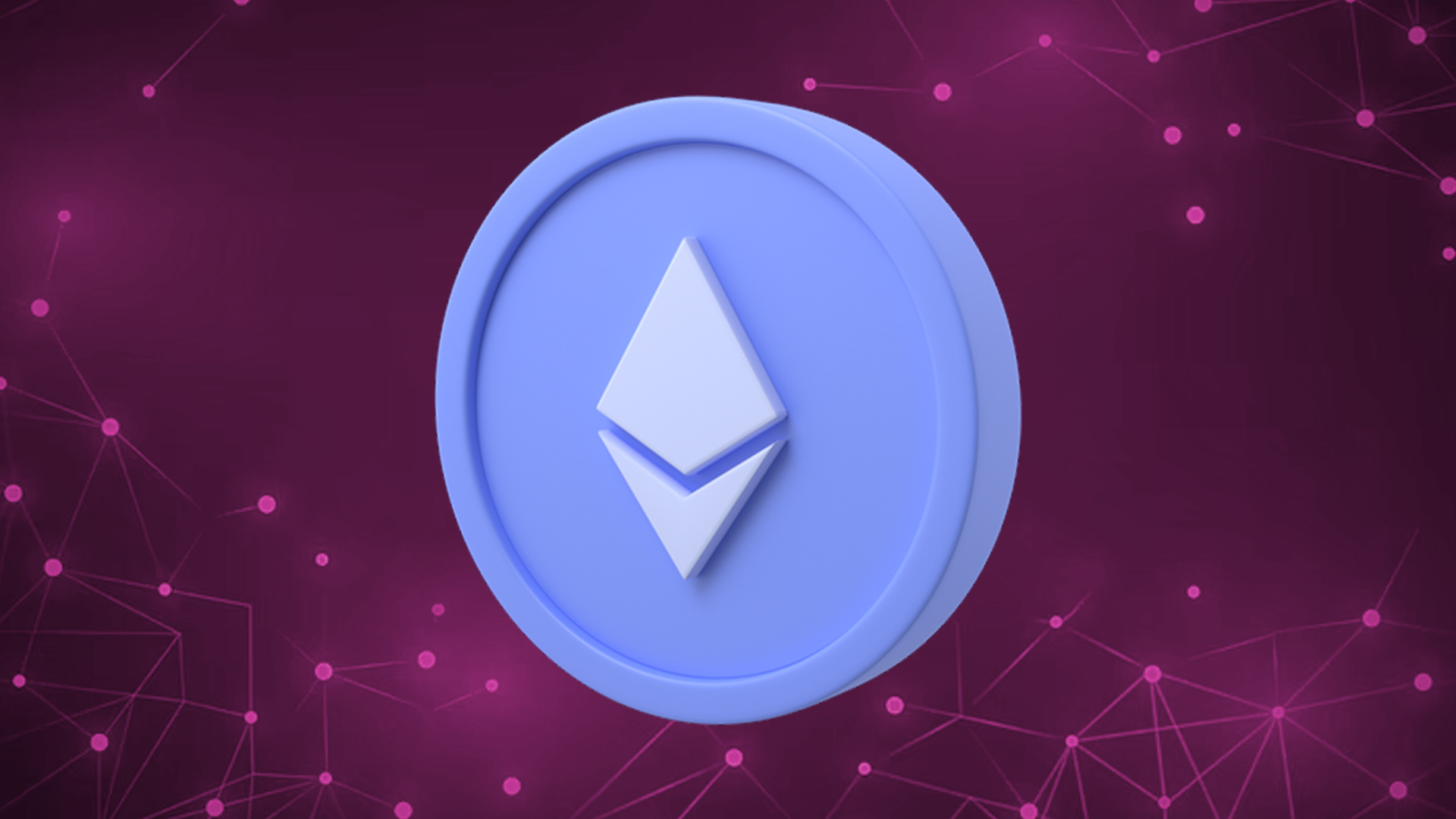


Rollups employ an innovative approach by grouping multiple transactions off-chain, creating an aggregate or bundle. These transactions are processed and verified within the rollup network’s environment. Once validated, the aggregate result is settled on the Ethereum mainnet in the form of a single transaction, reducing congestion and enhancing scalability while retaining the security of the blockchain. There are 2 types of Rollups, ZK Rollup and Optimistic Rollup, which we will discuss in the upcoming section.
Rollups are a technique used to enhance the scalability of blockchain networks by processing and confirming a large number of transactions more efficiently. They work by moving a significant portion of the transaction processing off the main blockchain while maintaining its security guarantees.
There are two primary categories of rollup solutions:
Rollups, such as ZK-Rollups and Optimistic Rollups, are designed to be compatible with Ethereum’s smart contract ecosystem. They enable seamless integration with existing decentralized finance (DeFi) protocols and decentralized applications (dApps), preserving their composability. This compatibility ensures that users can continue interacting with familiar protocols while benefiting from the increased scalability and reduced fees offered by rollups.
Rollups have gained significant traction within the Ethereum ecosystem as a vital scaling solution. High-profile projects like Uniswap, Synthetix, and Aave have adopted rollups to alleviate network congestion and lower gas fees, enhancing user experience. This implementation surge underscores rollups’ potential to revolutionize blockchain usability. By reducing network congestion and gas fees, rollups can democratize access, boost DeFi innovation, and catalyze broader blockchain adoption, making Ethereum and related platforms more accessible and efficient for users and developers.
Rollups have gained significant traction within the Ethereum ecosystem as a vital scaling solution. High-profile projects like Uniswap, Synthetix, and Aave have adopted rollups to alleviate network congestion and lower gas fees, enhancing user experience. This implementation surge underscores rollups’ potential to revolutionize blockchain usability. By reducing network congestion and gas fees, rollups can democratize access, boost DeFi innovation, and catalyze broader blockchain adoption, making Ethereum and related platforms more accessible and efficient for users and developers.
Token airdrops have historically introduced investors to new blockchain projects. However, many distributions fail to…
Airdrops have traditionally been used to introduce new investors to blockchain projects, but their effectiveness…
The approval of Bitcoin ETFs was one of the most anticipated events in crypto history,…
The blockchain space continues to evolve, with projects pushing security, scalability, and user engagement to…
As the cryptocurrency market recovers from recent volatility, several projects emerge as strong contenders for…
The cryptocurrency market is showing strong bullish signals, with many altcoins poised for significant gains.…
This website uses cookies.